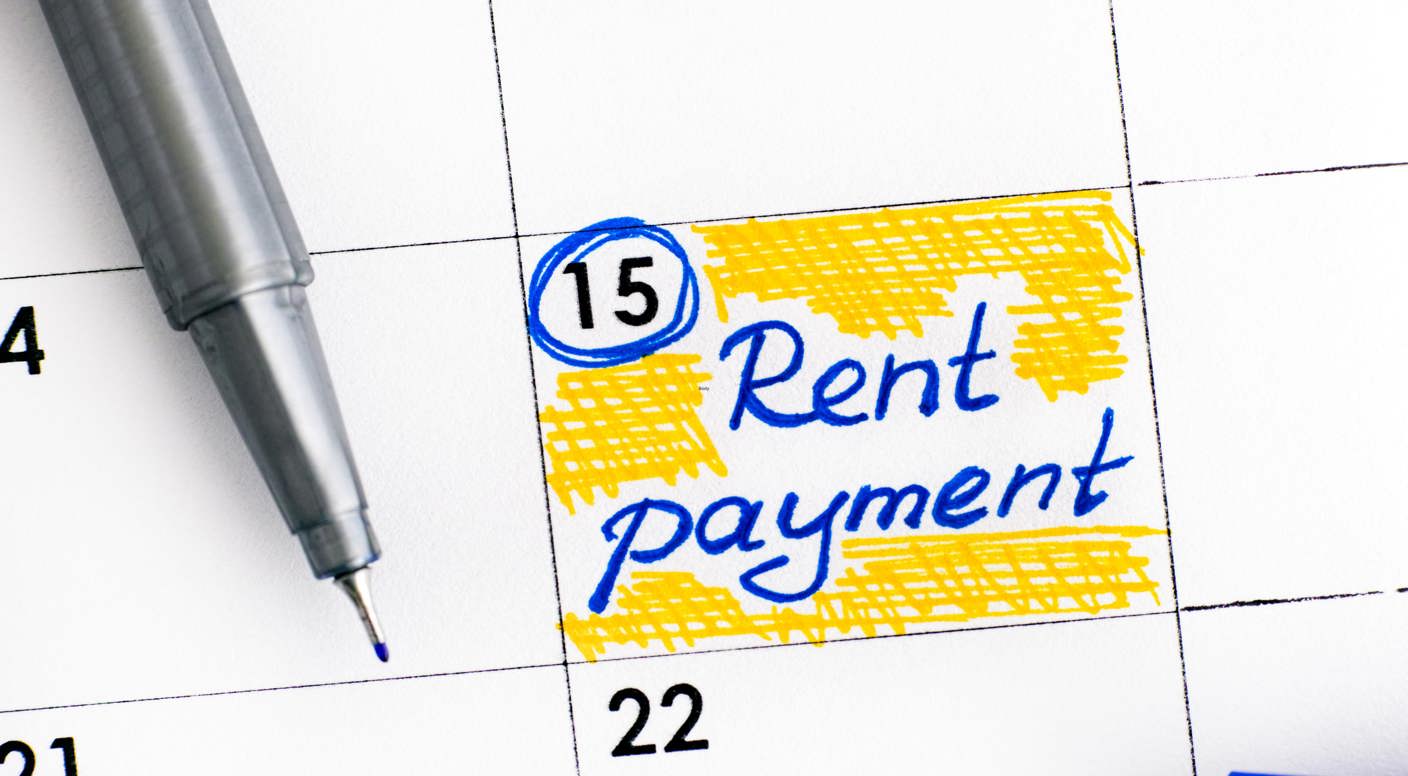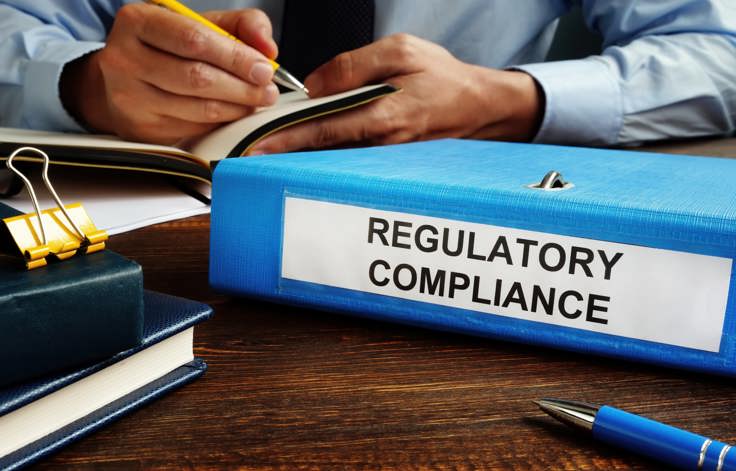An accurate property valuation you can trust
We'll help you to find the value of your property, so you can find a buyer or tenant as soon as possible.
Enter your details below to book a professional appraisal.
Can I withhold rent if my landlord fails to carry out necessary repairs?
If you're living in a rented property and struggling with repairs - a broken boiler, persistent damp, or electrical faults - it's natural to feel frustrated when your landlord isn't taking action. You may even wonder whether you're within your rights to withhold rent until the issue is fixed. While this instinct is understandable, the legal position in England and Wales is more complex than it seems. Withholding rent can carry serious risks unless done correctly, and failing to follow the right process could ultimately lead to eviction. So what are your rights, and what should you do if essential repairs are ignored?

Landlord Responsibilities Under the Law
Landlords in the UK are legally required to keep their properties in a safe, liveable condition. Under Section 11 of the Landlord and Tenant Act 1985, they must carry out repairs to the structure and exterior of the building, ensure the installations for heating, water, sanitation, and power are in working order, and maintain any communal areas in good condition. These obligations apply regardless of whether they're written into your tenancy agreement. However, for the landlord to be held accountable, they must have been notified of the problem. In most cases, responsibility only begins when you have reported the issue - ideally in writing.
Why Withholding Rent Is a Legal Risk
Tenants do not have a straightforward legal right to stop paying rent, even if a landlord fails in their repair duties. Rent is still contractually due unless formally waived or offset through an agreed process. Withholding rent without agreement or legal backing puts you in breach of contract, opening the door to eviction proceedings. Even where disrepair is serious, tenants are strongly advised to follow the correct process before deducting or suspending rent. Acting unilaterally could weaken your legal standing and make it harder to enforce your rights.
What You Should Do Before Taking Action
If your landlord is unresponsive, the first step is to escalate the issue in writing. Keep clear records of when you reported the problem and any responses received. If there's still no action, you can raise a formal complaint and consider reporting the matter to your local council's private housing team. Councils can inspect properties and issue enforcement notices requiring landlords to do essential work. In some cases, they can also serve prohibition orders or undertake emergency repairs themselves and recover the cost from the landlord.
Alternative Legal Routes to Resolve the Issue
A legal process may allow you to carry out repairs yourself and deduct the cost from your rent, known as the "rent deduction method" - but it must be handled with extreme care. You must give your landlord reasonable notice and several opportunities to complete the work themselves. If they still fail to act, you may commission repairs, pay for them directly, and deduct the amount from future rent payments. However, this process must be documented meticulously and is only recommended after legal advice has been sought. The risk of conflict or eviction often makes this route unsuitable for more vulnerable tenants.
Emergency Repairs and Health Hazards
If the disrepair poses a direct health or safety risk - for example, no hot water in winter or unsafe electrics - the urgency may warrant faster intervention. In such cases, contacting your council's environmental health department is critical. They can assess whether the issue falls under Category 1 hazards, which require immediate enforcement action under the Housing Health and Safety Rating System (HHSRS). In some cases, tenants may be able to seek compensation or initiate court action, but this should be done alongside continued rent payments or with the advice of a solicitor or housing charity.
Keep Communication Open Where Possible
Tenants often worry that complaining may lead to eviction or a strained relationship with their landlord. However, silence can lead to ongoing suffering and potential legal risks if the property becomes unsafe. Maintain polite, clear, written communication, and always make it easy for the landlord to access the property to carry out the work. If the relationship breaks down completely and repairs aren't done, you may have grounds to leave the tenancy or pursue a claim for breach of contract. Timing and documentation are key, and support is available to help you navigate these situations.
Getting the Right Advice Before Withholding Rent
If you're considering withholding rent, speak to a housing adviser or solicitor first. There are organisations like Shelter and Citizens Advice that can help you understand the risks and alternatives. For more localised support, the letting experts at Farrell Heyworth can advise tenants on how to raise concerns effectively and how to resolve repair issues while staying legally protected. Our teams across the North West work with landlords and tenants to help ensure homes are safe, repairs are handled promptly, and rights are respected on both sides of the agreement.
Protect Yourself with Process
It might seem justified to stop paying rent when living with disrepair, but it's rarely the best first step. The legal risks are real; without the correct approach, you could end up on the losing side of a tenancy dispute. Your best route is to follow the right process: notify your landlord in writing, keep records, explore council support, and seek legal advice before making any rent deductions. The law offers tenants protections, but only when used properly. If in doubt, speak to a trusted agent or legal expert and take a calm, methodical approach to resolving the issue.
Related Posts
Why Coastal Relocations Will Surge Again in 2026: Complete Guide for UK Home Buyers
Across the UK, search volumes for phrases such as "move to the coast", "best coastal towns to live", and "coastal…
New 2026 Laws for Self-Managing Landlords: Essential Compliance Guide
With additional reforms due in 2026 under the Renters' Rights Act, and with local authorities receiving an extra £18.2 million…
Best Time to Buy a Property in 2026: A Month-by-Month Guide for UK Buyers
Rather than relying on rapid price growth to offset poor decisions, buyers in 2026 must understand seasonal trends, mortgage market…



